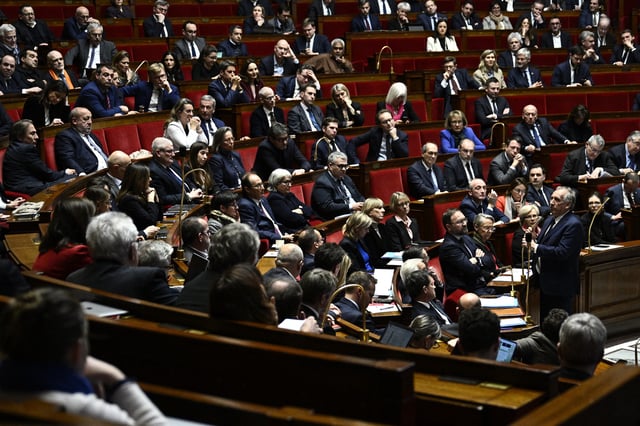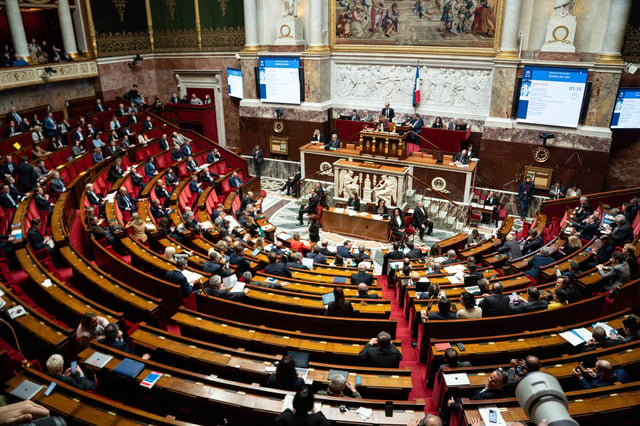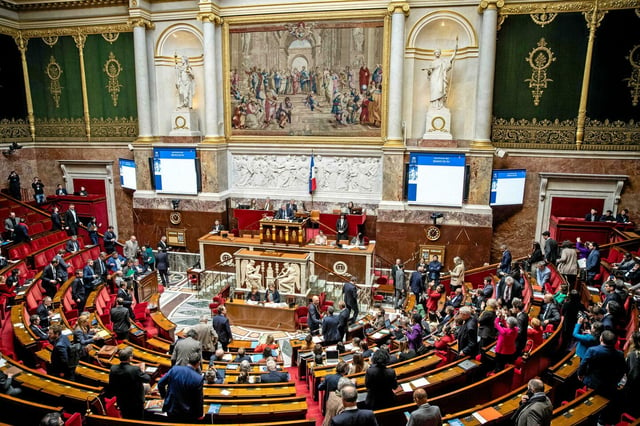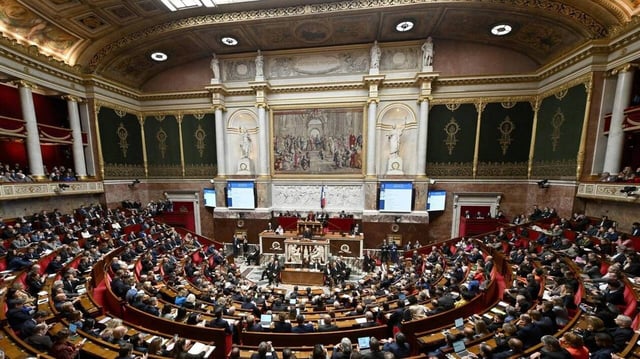Overview
- The French National Assembly approved the 'Zucman Tax' on February 20, requiring a 2% minimum tax on wealth exceeding €100 million, affecting approximately 1,800 taxpayers.
- The tax aims to address perceived fiscal inequality, as ultra-wealthy individuals reportedly pay proportionally less tax than average citizens, according to proponents.
- The measure, inspired by economist Gabriel Zucman, is projected to generate between €15 billion and €25 billion annually for public services and ecological initiatives.
- Critics, including government officials, argue the tax is 'confiscatory,' risks driving wealthy individuals and capital out of France, and could harm economic investment.
- The bill's future remains uncertain, as it is unlikely to pass the Senate, dominated by right-wing and centrist lawmakers, or survive constitutional scrutiny.



